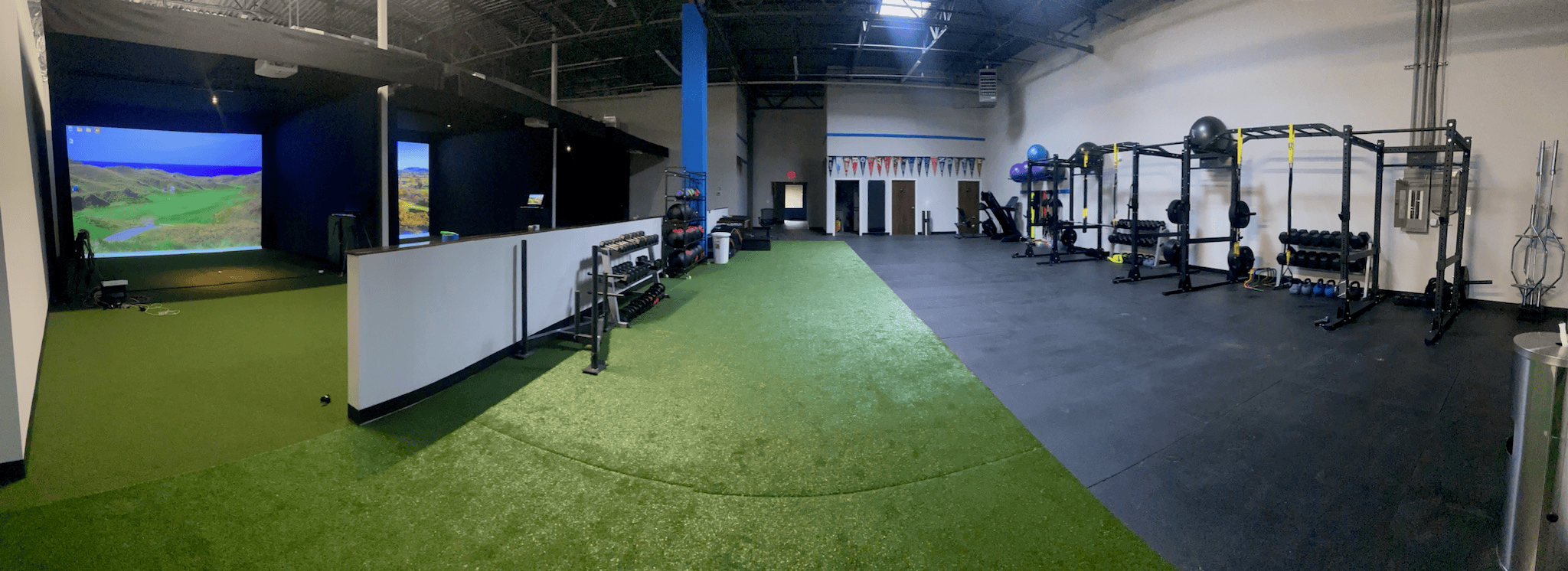Enhancing Mental Approach for Golfers
Introduction
Understanding and optimizing the mental approach is crucial for golfers looking to improve their performance. The mental game encompasses planning, execution, focus, and review processes, all of which contribute to a player’s overall effectiveness on the course. Peak Athletics has a proprietary personality assessment that allows us to determine how to best structure your instruction, training, practice, play and coaching feedback.
Please contact us at [email protected] if you are interested in that process or have any questions about it.
Below is a framework summary of the key components of the mental approach to golf, which provides some practical tips and basic techniques we cover in our initial mental approach work with golfers to enhance focus, reduce stress, and improve consistency.
1. Planning
Planning is about creating a clear strategy for each round and shot. Effective planning involves:
- Setting Clear Goals: Define what you want to achieve for each round, such as shooting a specific score or improving a particular aspect of your game.
- Gathering Information: Collect data on course conditions, weather, and other factors that can influence your game. This reduces doubt and builds confidence.
- Evaluating Options: Consider different strategies for each shot. Factor in risk versus reward and choose the option that aligns with your goals and current skill level.
- Commitment: Once a plan is made, commit fully to the chosen strategy. Doubt and hesitation can negatively impact execution.
2. Execution
The execution phase is where planning turns into action. Key elements include:
- Routine: Establish a consistent pre-shot routine to create a sense of familiarity and comfort. This can include visualizing the shot, taking practice swings, and focusing on breathing.
- Focus: Narrow your focus to the task at hand. Avoid thinking about past mistakes or future shots.
- Confidence: Trust in your preparation and skills. Confidence can significantly impact performance, so practice positive self-talk and visualization.
3. Focus and Stress Management
Maintaining focus and managing stress are vital for peak performance. Techniques include:
- Breathing Exercises: Controlled breathing helps manage stress and maintain focus. Practice deep breathing to calm your mind and body before each shot.
- Mindfulness: Incorporate mindfulness practices to stay present and aware of your thoughts and emotions. This can prevent negative thinking patterns and improve concentration.
- Stress Identification: Recognize what specifically causes stress during a round. Develop strategies to address these stressors, such as simplifying your approach or adjusting expectations.
4. Review
Post-round and post-shot reviews are essential for continuous improvement. Effective review involves:
- Analyzing Performance: Compare your actual performance with your planned goals. Identify areas where you met or exceeded expectations and areas that need improvement.
- Learning from Outcomes: Reflect on what worked and what didn’t. Be specific in your analysis to draw meaningful lessons.
- Adjusting Plans: Use insights from your review to adjust your planning and practice routines. Continuous adaptation is key to long-term improvement.
5. Mental and Physical Integration
Integrating mental and physical preparation can enhance overall performance. This includes:
- Physiology: Understand how physical factors like heart rate and breathing affect your mental state and performance. Regular exercise, proper nutrition, and adequate rest are foundational.
- Consistency in Practice: Practice under conditions that simulate actual play to build consistency and confidence. Use practice protocols that focus on both technical skills and mental resilience.
6. Personality
Understanding your personality and how it influences your game can lead to better coaching and performance. Key aspects include:
- Personalized Coaching: Tailor your approach based on whether you are science-based, artist-based, feel-based, or structure-based.
- Routine Customization: Develop routines and systems that align with your personality to enhance consistency and enjoyment.
- Stress and Anger Management: Identify your personality type’s triggers and use specific strategies to manage stress and anger effectively.
- Motivation and Enjoyment: Focus on aspects of the game that align with your personality to maintain high levels of motivation and enjoyment.
Conclusion
The mental approach in golf is a multifaceted aspect that requires careful planning, focused execution, and continuous review. By adopting these strategies, golfers can improve their mental game, leading to better performance and a more enjoyable experience on the course. Remember, the key to success lies in the harmony between the mind and body, and consistent practice of these mental strategies will lead to significant improvements in your game.
